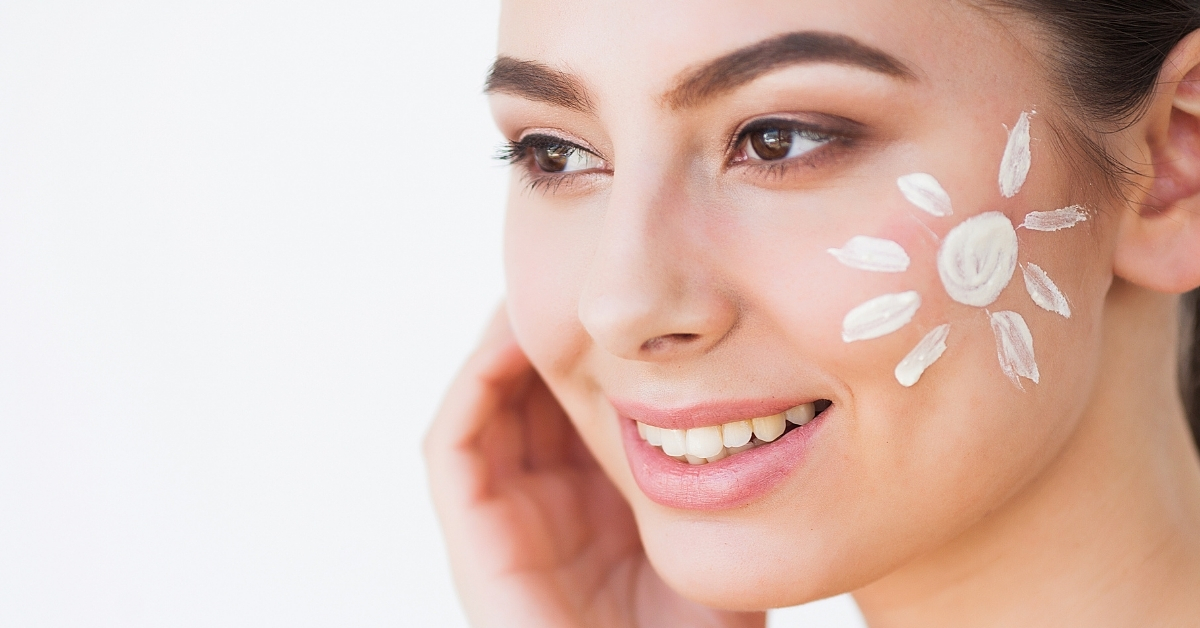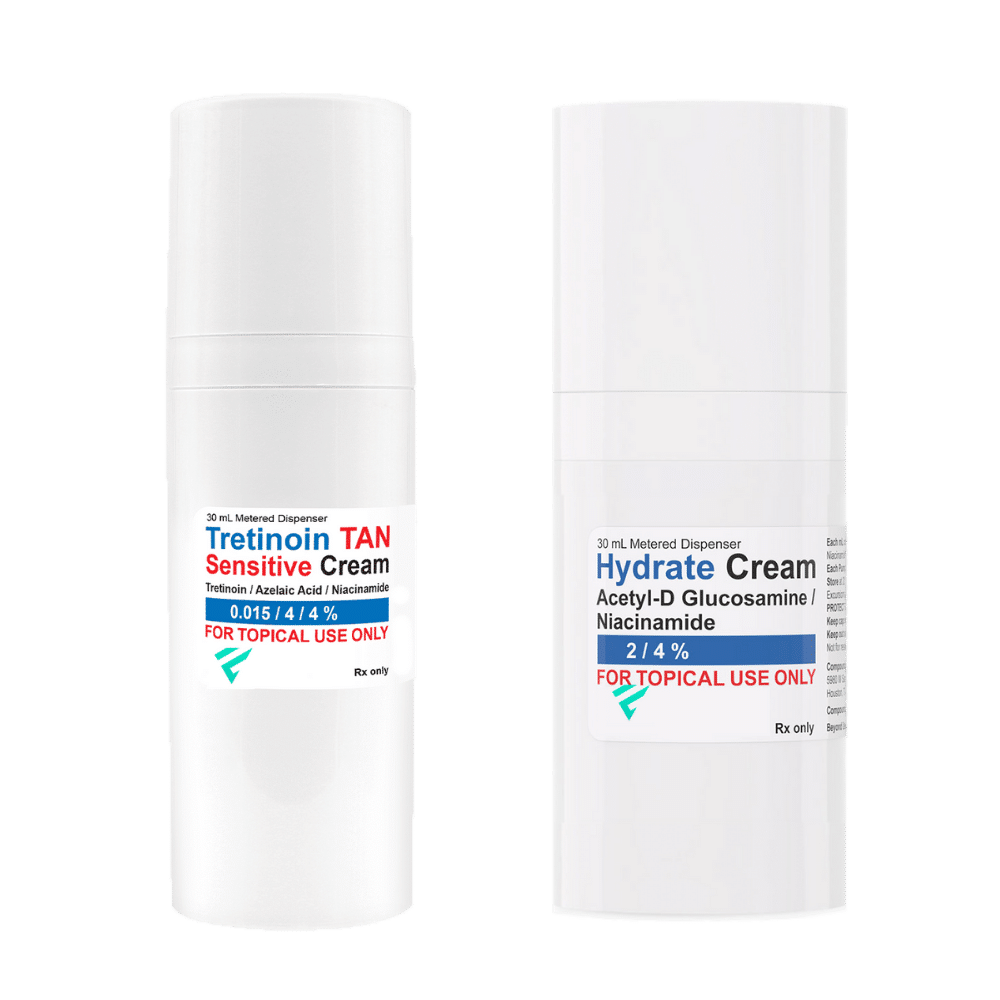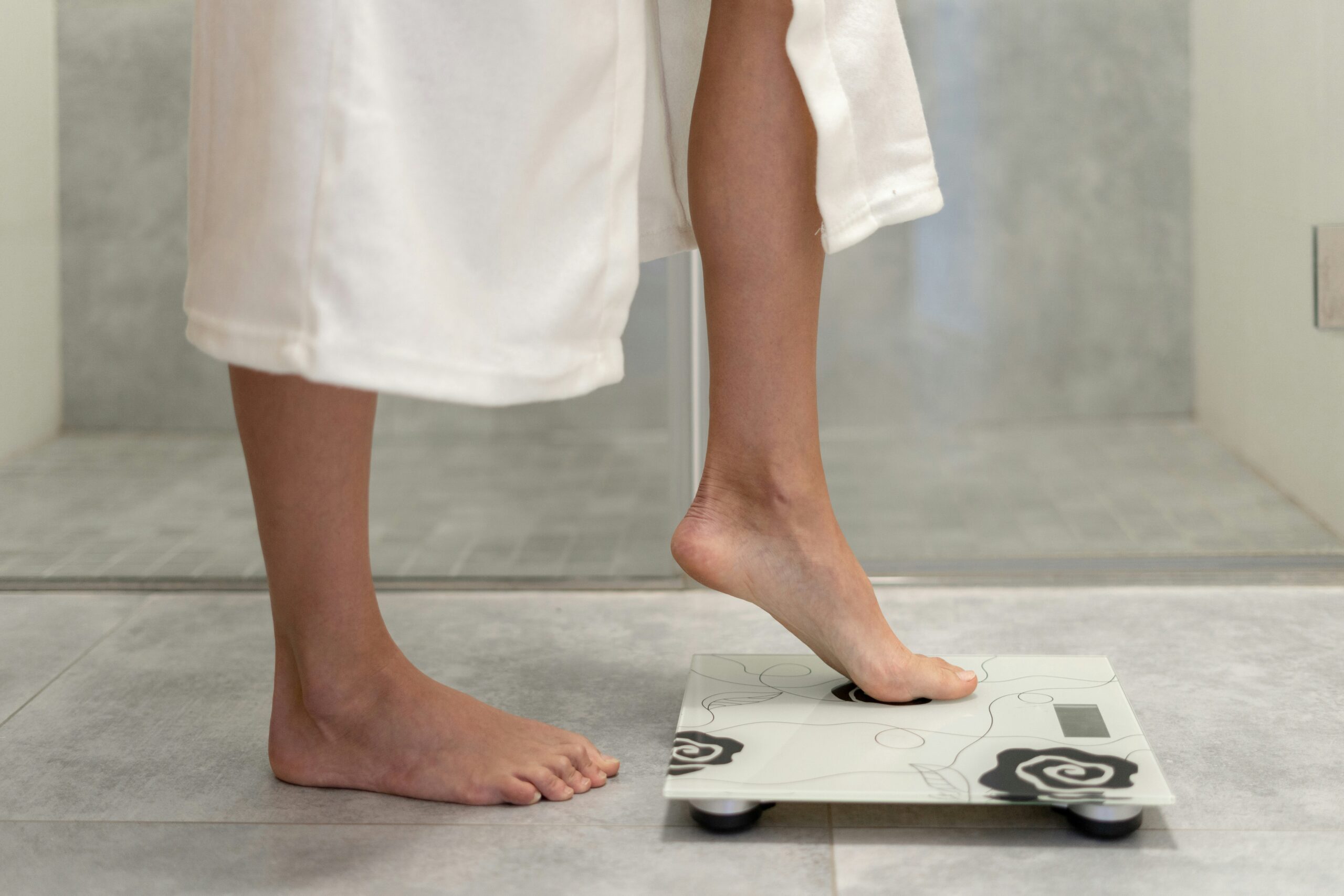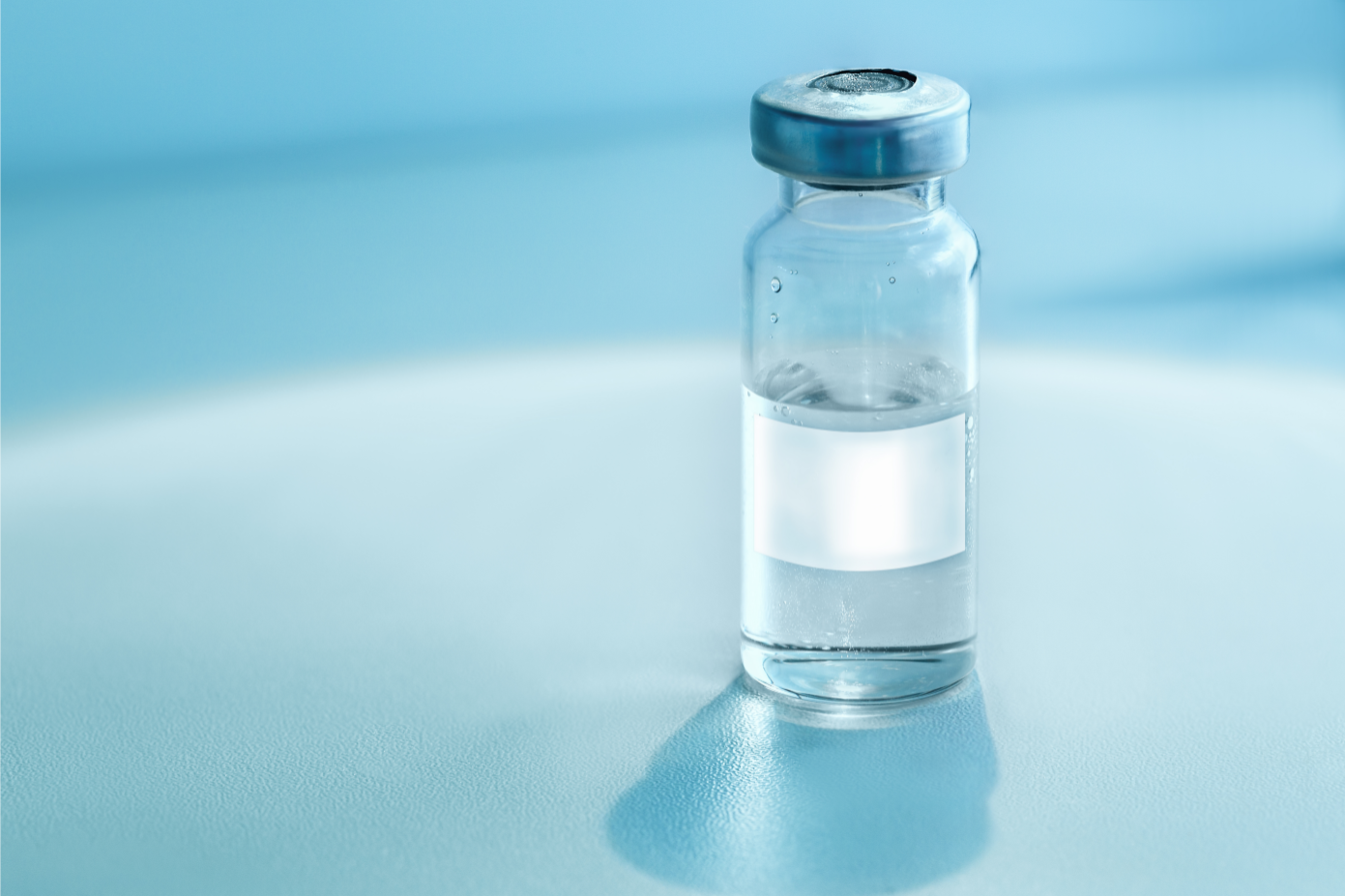Tretinoin is also known as retinoic acid and is the generic name for synthetic vitamin A. It is sold under many different brand names and has been used for almost 50 years. One name is Retin-A and should not be confused with Retinol. It is used to treat acne and acute promyelocytic leukemia. It is applied to the skin for acne, while for leukemia, it is ingested for up to 3 months.
Uses for Skin and Hair Care
Tretinoin is used mainly to treat acne, but it can also reduce fine wrinkles, improve spotty discoloration and rough feeling skin and treat sun damage. It comes in a cream or gel form and is applied topically to the affected area. It works by irritating the skin, which speeds up the cycle of skin cells and makes them divide faster and thus die faster. New, healthy cells then take their place. Quicker cell turnover also opens pores releasing trapped bacteria that cause acne. Tretinoin also regulates the skin’s natural oil production, which can prevent future breakouts.
In acne treatment, tretinoin works by reducing inflammation associated with acne prevent plugging of follicles and exfoliates the skin. Regular use will help clear existing acne and reduce the severity and number of outbreaks in the future.
Tretinoin can also treat acne scarring as it speeds up cell turnover and thus encourages new cell growth at the scar site. Tretinoin is also sometimes used to prepare skin for a chemical peel. Chemical peels are used to reduce scarring.
Tretinoin for Wrinkles
It will not take the wrinkles away, but the rapid exfoliation and cell turnover stimulate collagen and elasticity, which leads to smoother-looking skin. It is used in many over-the-counter face and eye creams for this reason. You will find tretinoin in pharmaceutical-grade skin care products like the Anti-Aging Vital Gel with Vitamins. When combined with vitamins, tretinoin helps create a highly effective anti-aging treatment, making the skin smoother and softer.
Tretinoin for Hair Care
Studies have found that tretinoin, together with minoxidil, can have a positive effect on hair growth. Tretinoin improves scalp health and promotes hair growth, while minoxidil revitalizes and stimulates dormant follicles. You will find tretinoin in pharmaceutical-grade hair care shampoos and foams like the 10% Minoxidil / .05% Tretinoin Hair Growth Foam – 100mL Bottle.
How to Use Tretinoin
Always apply tretinoin to a cleanly washed face. It is important to wash gently so as not to cause inflammation and irritation. Only apply tretinoin 20 to 30 minutes after washing your face. For best results, apply in the evening so that it can be absorbed into your skin during the night. It is also recommended not to apply makeup after applying tretinoin, so bedtime is usually a suitable time. Be careful not to get it in your eyes, nose, or mouth and ensure that it collects in the creases of your face, such as the sides of your nose. Don’t use tretinoin more than once a day and don’t use more than the prescribed amount. This will only lead to irritation.
You should begin to notice an improvement after 2 to 3 weeks, but it can take up to 6 weeks. If you don’t see an improvement after 12 weeks, see your doctor.
Common Side Effects
Side effects such as mild redness, dryness, peeling, itchiness, and lightening of the skin color are common and should subside as your skin adjusts to the medication. Don’t use tretinoin on skin that is sunburned or sore.
Tretinoin can make your skin very sensitive to the sun, and thus it is important to stay out of the sun or take precautions such as wearing a hat and sunscreen while receiving treatment. Also, avoid extreme cold, harsh soaps and hair products, and cosmetics that dry out the skin.
Cream and Gel Treatments
Tretinoin comes in cream and gel treatments and is available in various strengths to meet different needs. Creams are thicker and usually contain higher levels of the medication but tend to work more slowly. They also cause less irritation. Gels contain lower levels of medication but work more quickly. They can irritate the skin. So if you have sensitive skin, a cream would probably suit you better. The gel reduces facial shine, which is a common complaint in acne patients. So it is important to know what you want from the product before deciding between the gel and the cream.
For treating fine wrinkles, the cream is always better as it promotes rejuvenation. The gel contains more alcohol and is too harsh for mature skin, and will dry it out. So, unless you have excessively oily skin, use the cream and up the dosage if you need to. Some people may want to use the cream in the dry winter months and the gel in the more humid summer months. Using tretinoin every other day is a good idea in the beginning until you know how your skin will react.
Combining Tretinoin with a Moisturizing Face Cream
It’s important to keep your skin hydrated when using a topical medication such as tretinoin. Adding a high-quality moisturizing cream like Hydrate Cream with Acetyl-D Glucosamine and Niacinamide can help deliver optimal results. If you are looking to tan and hydrate, the EVOLVE Ageless Skin Care Bundle will help you get tan skin that looks and feels good.
These creams and gels should not be used if:
- you are pregnant or planning on becoming pregnant in the near future
- you have a skin problem other than acne, such as eczema
- any members of your family have had skin cancer
- you are taking other medications, or you have had an allergic reaction to medication in the past.
If you have any of the above, see your doctor and disclose the problem before using tretinoin.
Your skin may become very dry when using tretinoin. If this is the case, use a moisturizing cream, preferably fragrance-free, but make sure it is not oil-rich as this will block your pores again.
Tretinoin vs. Retinol
Both tretinoin and retinol fall under the umbrella name of Retinoid, a group of compounds derived from vitamin A. They are both used to treat acne, fine wrinkles, and sun damage. Both are topical skincare products. They both work in the same way, promoting exfoliation and rapid cell replacement leading to healthier, smoother skin. But they are not exactly the same.
Retinol is:
- A natural form of vitamin A
- Milder and less irritating to sensitive skin.
- Available without prescription
- Found in many over-the-counter skincare products
Tretinoin is:
- A synthetic version of Vitamin A
- Stronger than retinol
- Needs a prescription
- Potentially harmful to sensitive skin
In Conclusion
So, you could try Retinol first as it is milder and more natural. If you are not happy with the results after 6 weeks, see a doctor and get a prescription for tretinoin. Tretinoin is very effective but does have side effects for those with sensitive skin that should be considered. The trick is to find the correct strength to maximize effectiveness while giving you the least side effects. This is the road to healthier skin.
When buying skin care creams or gels, it’s important to understand your body and how it will react to the treatment. This is one reason we highly suggest you speak to a skincare expert before treatment. Your physician or a qualified telemedicine provider like EVOLVE can help you find a treatment that is safe, effective, and affordable. If you are considering tretinoin for getting the skin and hair you deserve, please get in touch with Patient Care @EVOLVE today.







